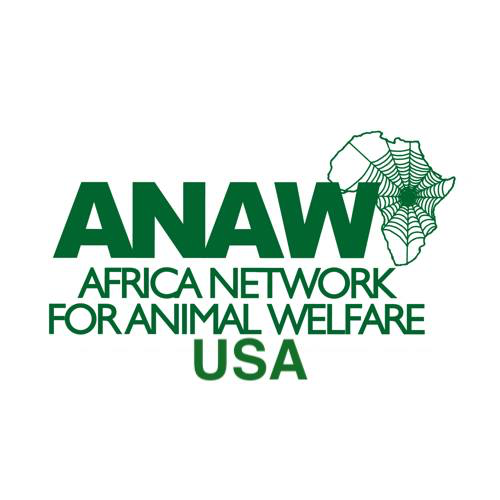Researching Wildlife Consumption & Trafficking in Kenya
The Issue:
A cursory glance at daily wildlife security patrol reports from Kasigau Ranch Conservancy (which is supported by ANAW since 2016) shows frequent arrests done of illegal game meat hunters inside and around the ranch. The hunters are usually local men who hail from any of the eight communal settlements (namely: Jora, Bungule, Kisimenyi, Ngambenyi, Kiteghe, Makwasinyi, Rukanga and Buguta) adjacent to the conservancy. The reports indicate that the hunters use cruel hunting methods, crude weapons and brutal techniques to subdue their quarry. All forms of wildlife hunting are illegal and severely punishable in Kenya. But hunters are seldom deterred by ranch patrols, frequent arrests, subsequent court prosecutions, or harsh penalties meted out for illegal hunting.
Apart from dearth of knowledge about impacts on wildlife ecology, nothing much is known, or understood, about whether or not game meat is a food preference in local communities. Such knowledge can be useful to assess and monitor important motivations and drivers of wildlife hunting in and around the ranch. Kasigau rangers usually claim that game meat is a popular delicacy in settlements around the ranch. However, the speculation by rangers is largely circumstantial due to lack of clear evidence showing a high preference for game meat to either drive the alleged steady demand or sustain a supply of game meat products. Hence, an attitude and perception survey can help to understand wildlife hunting and game meat consumption trends as a prelude to development of future sustainable community-based animal welfare interventions. The purpose of such interventions can also be to help eliminate cruel wildlife hunting practices while promoting harmonious human-wildlife co-existence.
Our Research:
This study aims to survey the prevalence of choice for wildlife meat as a food delicacy among local communities living adjacent to Kasigau ranch conservancy. The specific objectives are to:
1) Determine the local attitudes towards wildlife meat consumption amongst local people living in communities located adjacent to Kasigau ranch conservancy;
2) Identify any wildlife species preferred or targeted for consumption as food, and describe the local or peculiar techniques for hunting, capturing, distributing or accessing wildlife meat;
3) Determine social-cultural, economic or financial factors influencing preferences for game meat as a local delicacy in local communities around Kasigau ranch;
4) Determine the levels of local awareness, appreciation and mitigation of risks associated with consumption of wildlife meat amongst communities living next to Kasigau ranch.
The study will be executed by the Kahindi Lekalhaile (ANAW-USA Researcher & Technical Advisor) with the help of different field assistants at each village settlement. The project will undertake the following activities:
Field visits: The study will cover all the eight major settlements located next to the ranch conservancy. The settlements are, namely: Jora, Bungule, Kisimenyi, Ngambenyi, Kiteghe, Makwasinyi, Rukanga and Buguta.
Interviews: This will be the main activity by the survey project. The study will develop and apply a standard semi-structured interview tool to collect data. Interviewees at each village based will be on the basis of gender, age group, tribe, occupation and duration of residency. Participants will be selected using non-probabilistic sampling methods. Due to the sensitivity and precarious trust on the issue, only those individuals acquainted with the principal investigator or a field assistant will be selected and interviewed. All the necessary research ethics will be observed.
Focused group discussions: The study will conduct further interviews in form of focused group discussions, mainly to explore, validate and moderate complex responses gathered during interviews. The group discussions will be recorded, of course with prior consent of participants. The group discussions will also serve as preliminary analysis of interview data.


